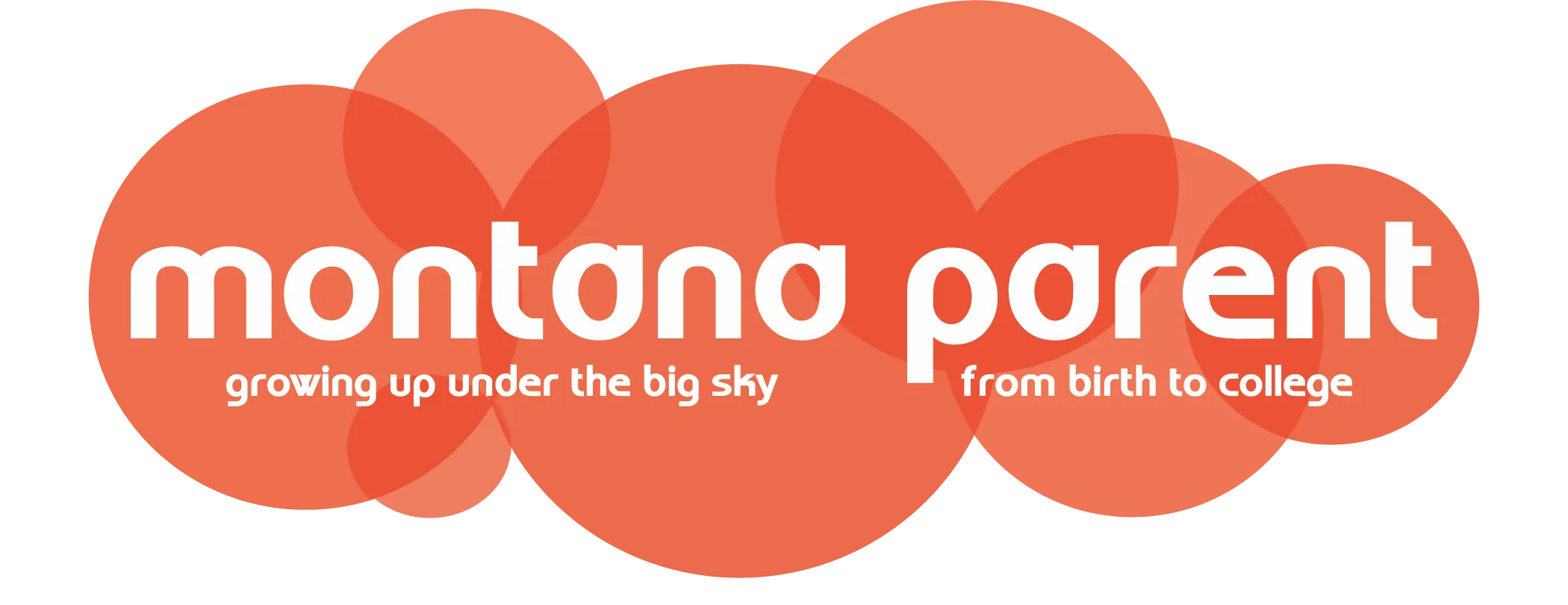Calendars
February 11, 2015
Posted By: Shaunescy
WRITTEN BY JENNIFER PEPPER
It's 2015! Or is it? Our Gregorian calendar is currently used by most of the Western world, yet few of us can accurately define where it came from or when, exactly, it came into widespread use. Named for Pope Gregory XIII in 1582, it was created to help implement the “Doctrine of Discovery,” which granted the church the power to take land owned by non-Christian peoples. The Gregorian calendar thus became a method to control people through the measurement of time.
Many people are surprised to learn that Britain and the colonies of America did not adopt this calendar until the 1750s, and that people in the colonies rioted when the new calendar was imposed upon them. Protestants believed that it was a Catholic plot to drag them back into Catholicism, and multitudes of people were distraught that the new calendar had “stolen” days from their lives. Why? The earlier Roman calendar (Julian Calendar) had been used for about 1600 years, but due to mathematical inaccuracies, had drifted away from celestial time markers, such as equinoxes and solstices. The Julian calendar lost days over the years and was not accurate in denoting the agriculturally tracked equinoxes and solstices. The Gregorian calendar corrected these inaccuracies with a “leap year,” skipping ahead, thus giving the illusion of lost time.
Other calendars in use today include the Buddhist calendar still widely used throughout Asian countries, which began its yearly count on the day of Buddha’s ascension, 2559 years ago. The Muslim calendar has been retained by most Arab countries, while some traditional calendars such as Jewish and Hindu, remain in use for religious purposes.
Over the past few decades, people have begun to realize that the way we visualize the passing of time influences our ideas about time. One of my favorite calendars is the lunar, which follows the ancient tradition of counting months based on the 13 full moons within a solar year. One thing is for certain, it is best to remain in present time.
______________________________________________________________
Jennifer Pepper began the study and practice of universal and metaphysical sciences more than 30 years ago. She is a Holistic Intuitive, certified Aromatherapist and Energy Worker in Bozeman, MT and Jackson, WY. Contact her at www. jenniferlpepperintuitive.com .














